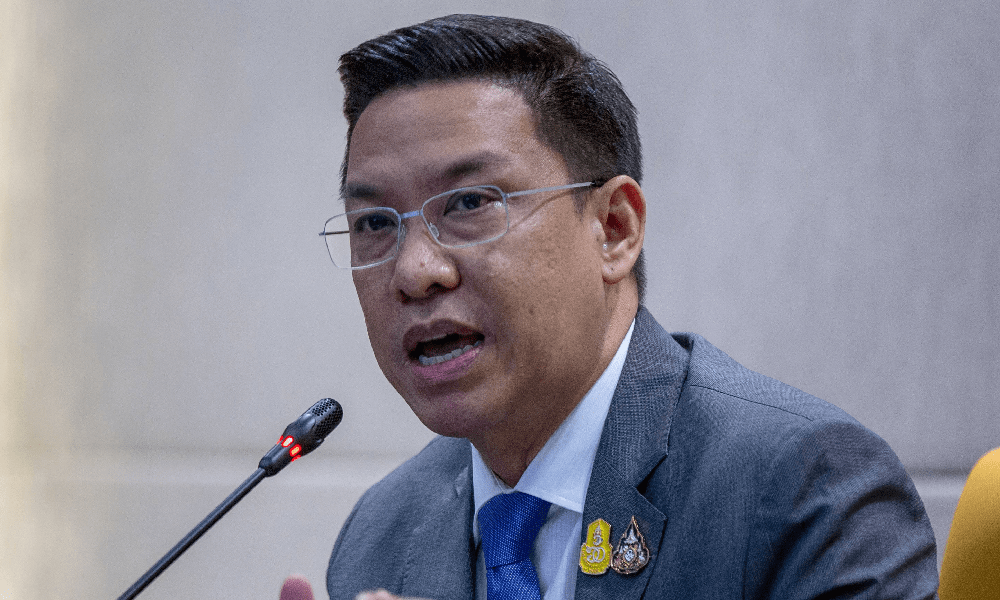


The Southeast Asian country of Thailand, which has generally been conservative when it comes to gambling, is looking to punish Facebook and Twitter for not doing more to stop the spread of unlawful internet gambling.
The two social media behemoths were officially accused last week by the Thai government of disobeying earlier court orders requiring them to remove content related to online gambling. The Computer Crime Act and Gambling Act of Thailand both restrict the promotion of gambling-related goods or services as well as any other gambling-related content.
As part of a broader campaign against unlawful internet gambling, the Thai government has taken action to reprimand Facebook and Twitter. Casino News Daily reported on Monday that Thai Internet service providers (ISPs) and telecom operators have been given a 15-day deadline by local lawmakers to restrict access to more than 1,200 illicit offshore gambling websites or risk being charged with breaking the Computer Crime and Gambling Acts.
According to court orders given earlier in September, the ISPs and telecom providers were compelled to prohibit the gambling websites.
According to the Thai Minister of Digital Economy and Society, Buddhipongse Punnakanta, Facebook and Twitter received identical court rulings but did not abide by them within the allotted 15 days.
Local media sites said that while Twitter only able to delete four of 69 accounts, Facebook only managed to block 215 of the 661 accounts that contained gambling and other offensive information.
The two social media behemoths might be fined up to THB200,000 (about $6,300) and further daily fines of THB5,000 until they block all violating accounts, according to a Thai police official.
As previously noted, there is pressure on regional ISPs and telcos to remove 1,202 illicit gaming websites or face sanctions.
The only authorized forms of gambling in Thailand are the state-run lotteries and wagering on horse races, according to the 1935 Gambling Act.
Not long after a local lawmaker called for the legalization of digital gaming, sports betting, and land-based casinos, news of the government increasing its control over illicit online gambling companies serving Thai gamblers surfaced.
The leader of the Thai Civilized Party, Mongkolkit Suksintharanon, asserted that restructuring the local gaming industry will provide new income for the economy of the nation, which has been struggling to recover from the effects of the coronavirus outbreak.
Online gambling is already legal in Thailand, according to Mongkolkit, but no taxes are being paid by the companies that cater to Thai customers. The legislator said that authorized online gambling might produce annual tax revenue of between THB5 billion and THB6 billion (between $157.6 million and $189.1 million).